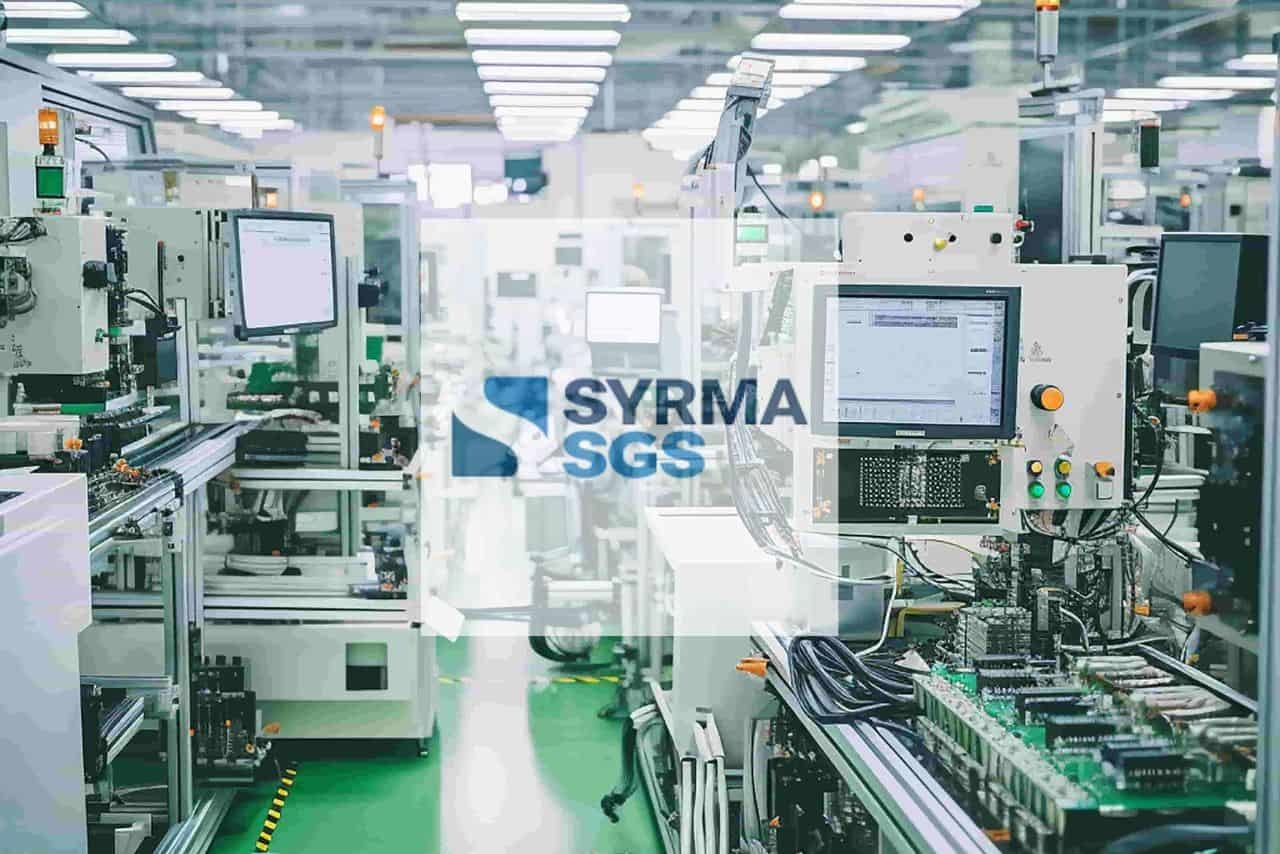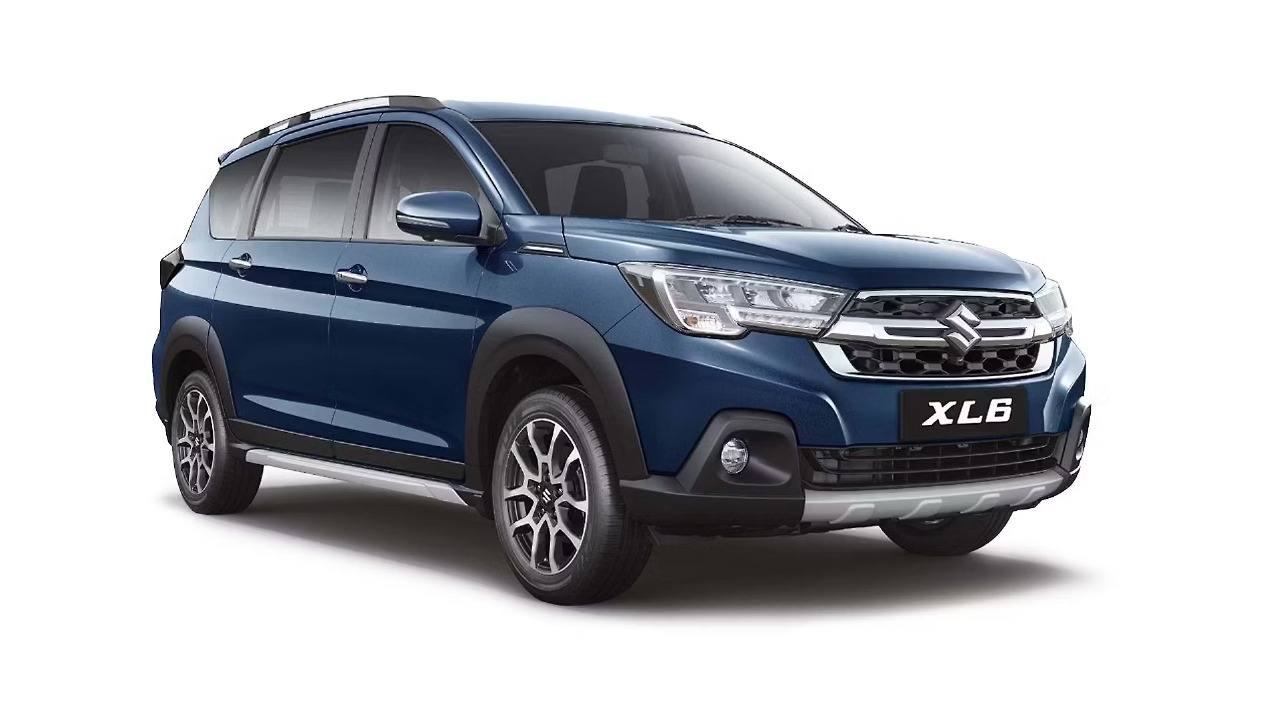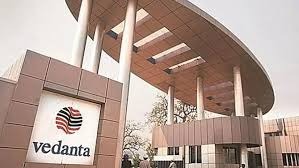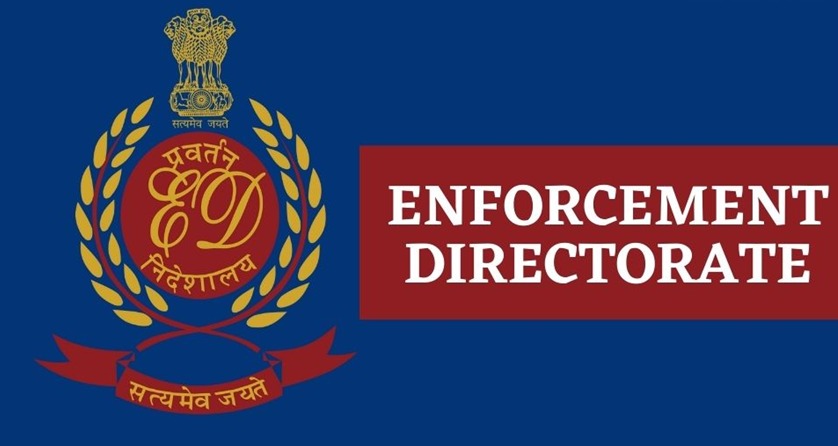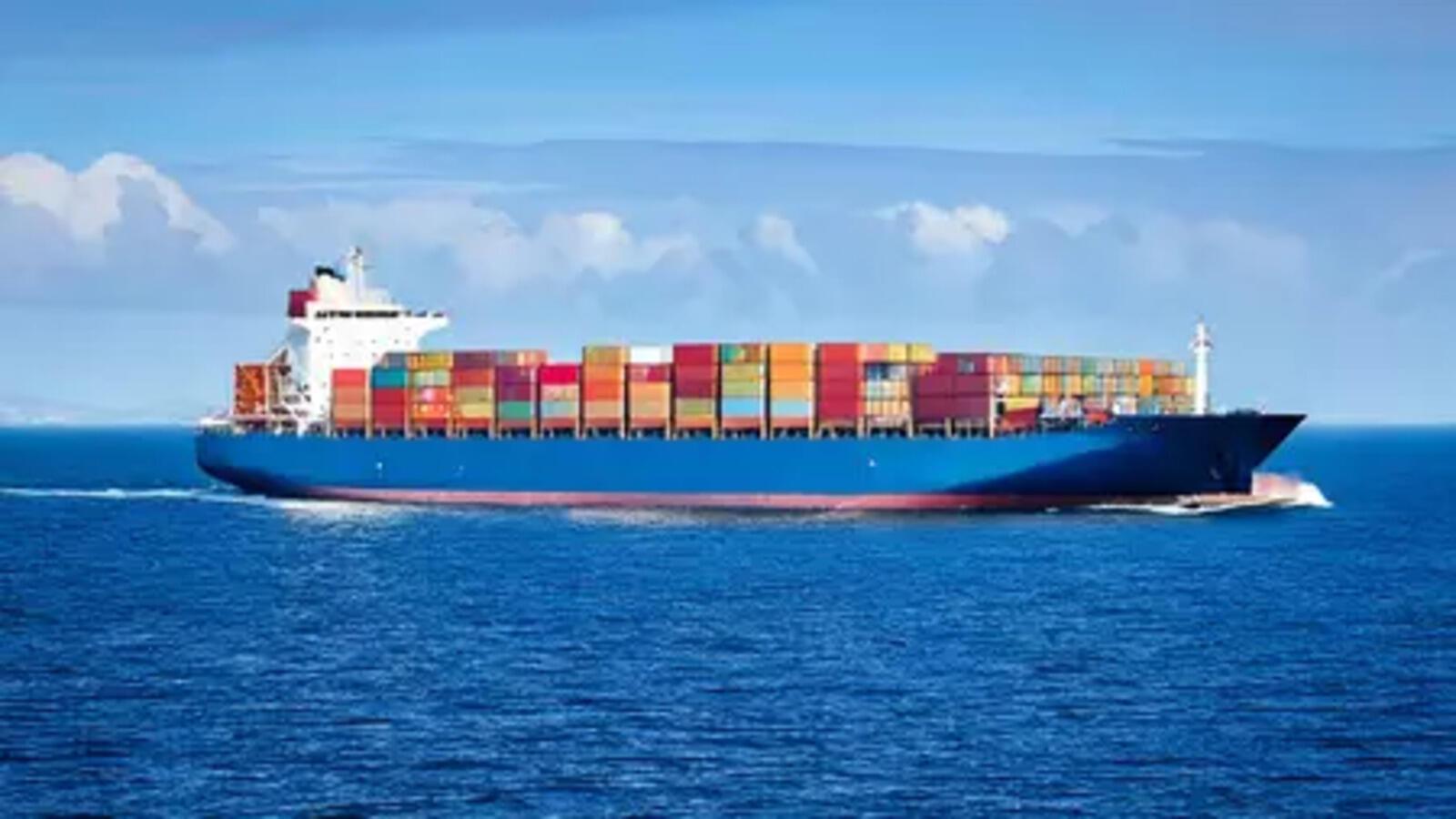 Image Source: Economic Times
Image Source: Economic Times
India has formally completed the ratification process of the Trade and Economic Partnership Agreement (TEPA) with the European Free Trade Association (EFTA), submitting the instrument of ratification to Norway, the designated depository of the pact. This milestone marks a critical step toward the agreement’s implementation, scheduled to commence on October 1, 2025.
Key Highlights: Strengthening Economic Ties
TEPA, signed between India and EFTA comprising Iceland, Liechtenstein, Norway, and Switzerland on March 10, 2024, aims to deepen trade and investment relations between India and these non-EU European nations.
Under the agreement, India stands to benefit from an investment pledge of USD 100 billion over 15 years from the EFTA countries, bolstering foreign direct investment inflows.
The pact facilitates reduced or zero duties on a range of select products including Swiss watches, chocolates, and cut and polished diamonds, enhancing bilateral trade competitiveness.
Commerce and Industry Minister Piyush Goyal earlier confirmed the pact’s activation date, signaling readiness on India’s part to leverage new market opportunities and strengthen Make in India initiatives.
The submission of ratification documents to the Ministry of Foreign Affairs in Norway formalizes India’s commitment and activates legal provisions for TEPA’s operationalization.
This agreement is among India’s most significant trade pacts in recent years, expected to stimulate exports, create jobs, and encourage technology and knowledge transfer.
By aligning with EFTA’s advanced economies, India anticipates diversification in trade partners and enhancement in high-value sectors.
TEPA’s ratification is a landmark development that underscores India’s proactive trade diplomacy seeking balanced growth and integration within global value chains.
Sources: Money.rediff.com, Business Standard
Advertisement
Advertisement



